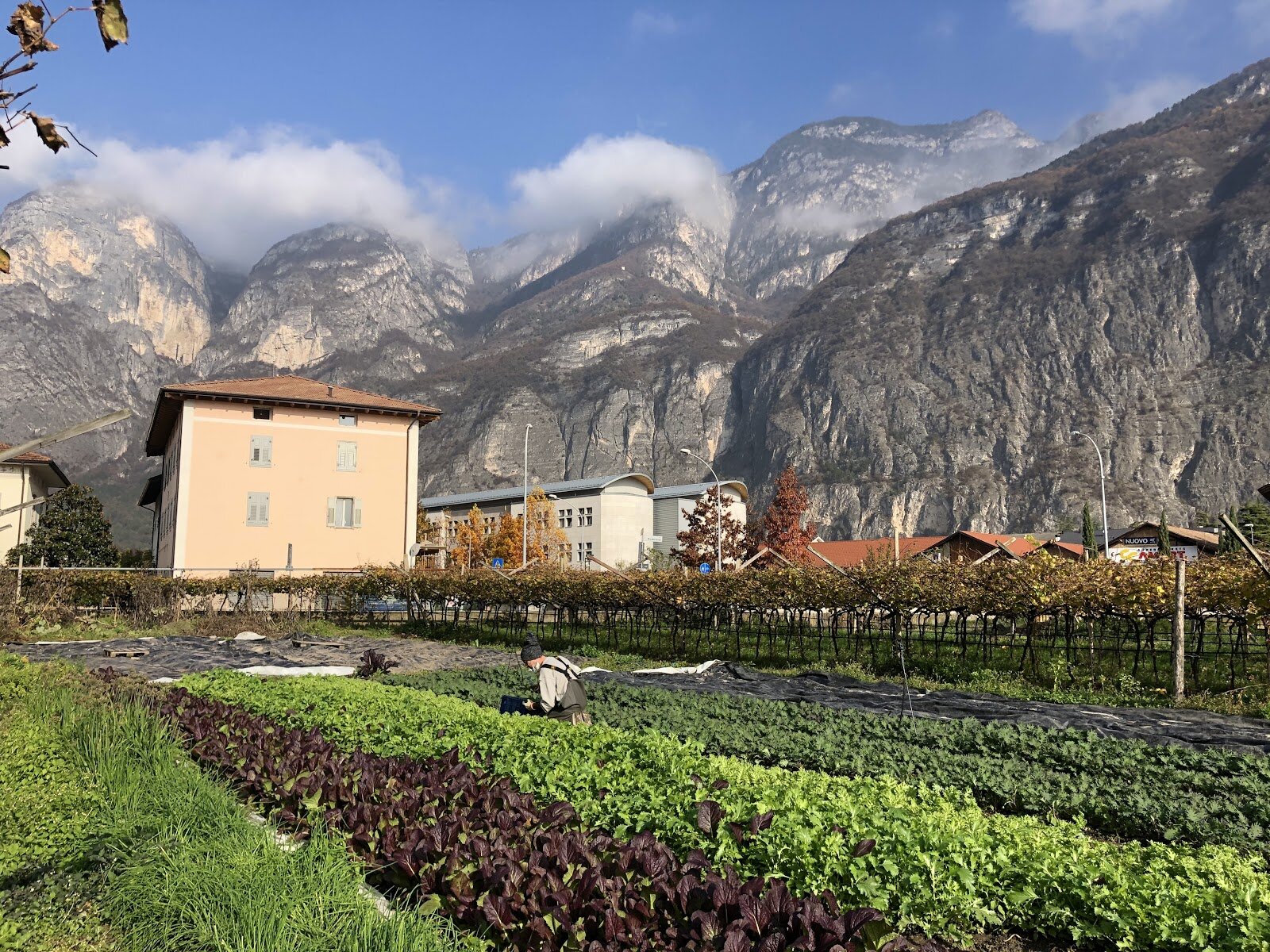According to a 2019 USDA report, 32.5 million Americans live in food insecure households. That number has skyrocketed to roughly 43 million with the pandemic. Food insecurity is defined as a lack of consistent access to food for an active, healthy life. Of the 32.5 million, 19 million food-insecure humans live in food deserts. Food deserts refer to areas where urbanites live over a mile away from a supermarket, and where rural residents live over ten miles away. The USDA also reports that groceries in food deserts are priced higher than what’s found in suburban markets… never mind the access to organic nutrient-rich fruits and vegetables, and responsibly raised meat.
I dream of the food revolution in which everyone will be able to access the high quality bounty of the Earth. I see progress through organizations like Crop Swap LA who aim to install organic microfarms in front lawns of homes in communities facing food challenges. Small steps to combat a huge problem.
I live in West Oakland and food sovereignty is something I think about quite often especially when walking through rows of vines. West Oakland is one of California’s many food deserts and is just over an hour’s drive from California Wine Country. I constantly think of all the land dedicated to wine, which could be transformed to also host vegetables and grains. What would it take for nutrient-dense foods to always be plentiful in the vineyard, in yards and community gardens all over this country? How can we sustainably maximize the amount of nutrient-dense food and create access for all?
Cue Myrtha Zierock
Myrtha Zierock is the daughter of legendary winemaker Elisabetta Foradori who is known as a pioneer in Italy’s Trentino Alto Adige, and the late Rainer Zierock, a German writer and naturalist. At the tender age of 19, Elisabetta took over the winery after her father’s premature death, and dedicated herself to farming her massale-selected vines of the native variety Teroldego. In the 2000s she converted to organic & biodynamic practices. Later, she introduced clay vessels to her fermentation practice believing that clay could convey true expression of the elements in the vineyard. The message at Foradori: interconnectedness of all living things informs evolution and resiliency.
Myrtha did not skip a beat following the inherit path to farming. Where she differs from her brothers, who were drawn to the cellar, is in finding more excitement in the idea of a carrot tasting than a wine tasting. Myrtha fell head over heels for vegetables and compost. She studied environmental science in Germany, where she focused on understanding ecosystems, and spent a year abroad in Oregon at Ayers Creek Farm. In Oregon, she learned seed selection guided by taste, with a focus on the crop history. She then traveled to Quebec to spend time at La Ferme des Quatre-Temps to study organic market gardening under her mentor Jean-Martin Fortier, who focuses on making small plots of land extremely bountiful.
In December of 2018, Myrtha made her way back to the Dolomites, and she kicked off her first vegetable project of integrating market gardening in her family’s wine business in the Spring of 2019 with great success. Chefs and consumers go wild and flock to her farmer’s market to buy her delicious produce. It doesn’t stop there, she now influences a wave of farmers and winemakers who also want to implement these same techniques throughout Italy.
Here are a few tips from Myrtha for those curious in implementing market gardening in a vineyard:
Market gardening is all about strategy and planning. You absolutely need someone that can be dedicated to the upkeep and rotations of the vegetable garden.
Don’t plant things that you have to harvest during wine harvest.
Plant vegetables that don’t need trellising.
Consider the spray program applied in the vineyards (At Foradori, trials have begun to considerably lessen sulfur and copper sprays, and to find alternatives to treat mildew and odium, such as whey.)
Currently at Foradori
Myrtha recently had 40 winemakers over for classes to cover food production, starting with biodynamic theory. Her vegetable project at the wine estate in Mezzolombardo is continuing to grow under the Teroldego pergola, and the main garden is the heart of the project. Looking into the future, Foradori has purchased some land near Lago di Garda to re-establish some old varieties and plant apples, pears and winter veggies. Her vision is to create a farming school for people to learn how to become guardians of the land and preserve the landscape.
Myrtha has found so much joy in connecting farmers to market gardening and in sharing how wine estates can expand their horizons into the production of nutritious foods. Now imagine if we could spread this kind of vision all over the world; an ever-growing landscape of polycultural farms providing bounties of food while healing the soil and the people who inhabit it. I dare to dream and now see this vision as possible. In my eyes, Myrtha is already a legend influencing not only a region but a whole country of future ambassadors of nutritious food. These are the kinds of people who change the world. Could food deserts be no more? I believe it’s possible.
Written by Jirka Jireh
**Special thanks to Myrtha Zierock for her amazing photos.





